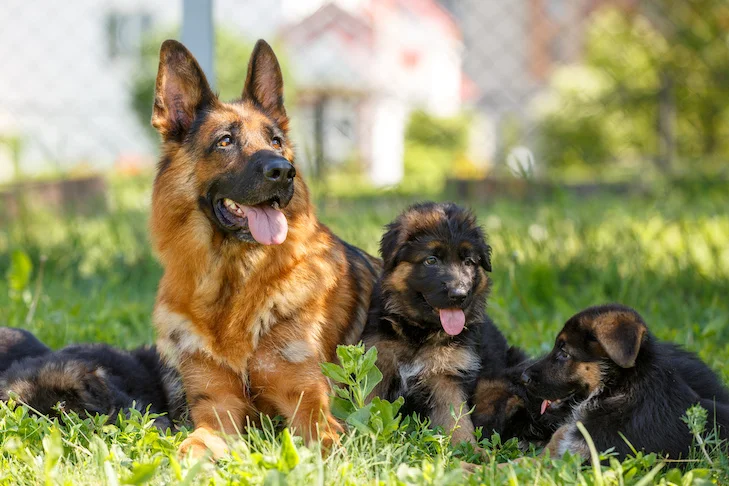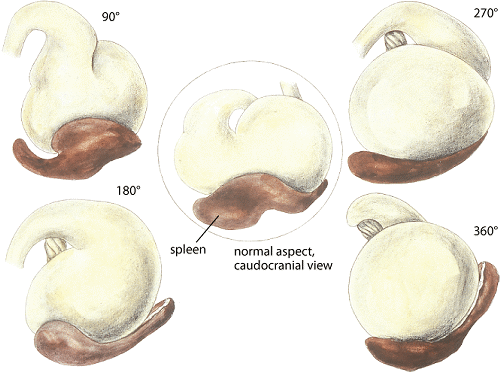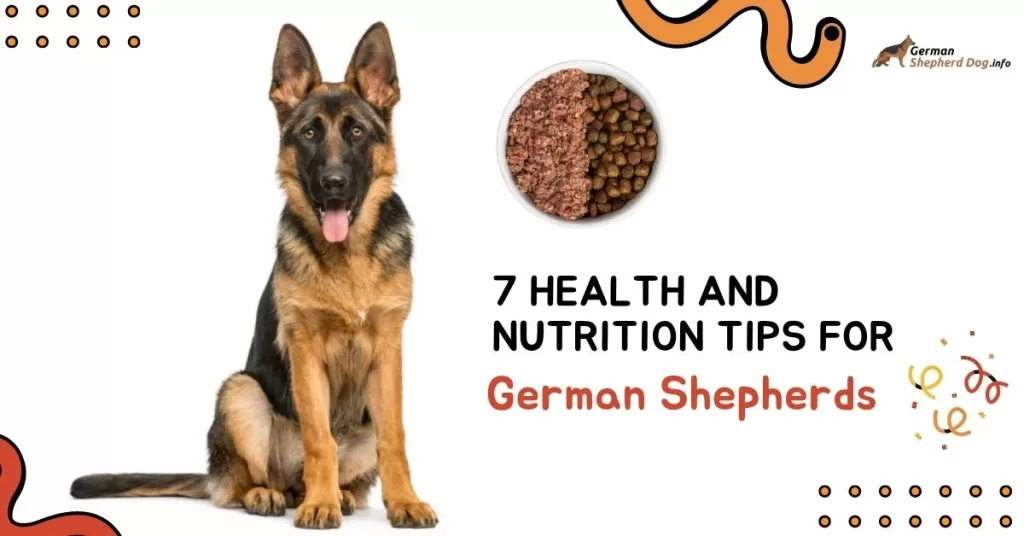Nutrition Tips for German Shepherds: In the United States, consumers are spending a record amount of money on their pets, ranging from food to health insurance to veterinary care.
This has been the trend over the last decade, doubling in expenses among U.S. pet owners.
With nearly half of American pet owners spending the same amount of money on their pets’ health care as they do their own, it is safe to assume that they are also paying more attention to little Fido’s dietary concerns.
Indeed, pet experts say that if you want to have a healthy dog, the animal should be eating high-quality, premium food.

You must take your time overhauling your dog’s diet. You do not want to establish substantial change instantly.
This should be a slow process, particularly if your dog is already a few years old and has been accustomed to kibble, gluten, and treats.
While budgets might be tight in this economy, households can employ the little things to ensure their German Shepherds are in great health. And it all starts with the dog bowl.
Everybody wants what is best for their dog. Of course, you do not need to buy the best of the best, but you can certainly try to give your dog what it needs. Here are seven nutrition tips for dogs:
1. Ditch the Shelf-Stable Foods
Have you ever wondered why foods you find on the shelf, be it for humans or animals, can last as long as two years? This might be good for your pocketbook. Unfortunately, it is not great for your health or your dog’s.
Not all dog food is created equally, and some are less healthy or nutritious than others. The one thing you should do is comb through the ingredients list on the product label. By doing this, you will find a broad array of harmful components that will do long-term damage to your pet’s health, whether the stomach or the bones.
Unsure what to look for in the product? There are many things, but here is a brief list:
- Propylene Glycol
- Carrageenan
- Corn Syrup
- MSG
- Sodium Hexametaphosphate
2. Add Raw Dog Food
Many pet owners will provide their dogs with kibble. But is this really enough and nutritious for pets? No, that’s why you should consider introducing raw dog food to your pet’s diet.
It might seem intimidating at first because you have relied on kibble throughout your life. However, pound for pound, raw dog food is the best thing you can do for your German Shepherd.
Also Read: German Shepherd Chihuahua Mix: is it Possible?
Over time, by extending raw dog food to your animal’s three squared meals a day, he can reduce the chances of seizures, heart issues, and joint disease. Be it chicken or lamb, be sure to consult with a veterinarian or a pet dietician for more information.
3. Incorporate Fresh Whole Foods into Diet
Some people might find it a waste or odd to feed dogs fresh whole foods. However, this is the best thing you can do for your dog, especially as he gets older. From improving digestion to injecting nutrients into the dog’s body, fruit and vegetables will present a new vitamin pill to his life.
What produces should you even give your dog that is nutritious? The world is your oyster:
- Broccoli stems
- Beetroot leaves
- Puree vegetables
- Mangos
- Bananas
Indeed, these are far superior to industrially-produced foods that erode many nutrients that may have been originally in the food.
4. Place Fresh Water Regularly
Like humans, dogs need to consume lots of water. This is especially true if your dog is active all day under scorching hot weather. A dehydrated dog is not only uncomfortable in the short term, but it may also develop urgent health issues in the long term.
When you are out all day at the office, replacing your dog’s bowl with fresh water can be challenging. Indeed, there are mechanisms in place, such as automatic water bowl apparatuses. This can ensure your dog does not drink stale or lukewarm water.
5. Ensure Dog Doesn’t Eat Too fast
Have you noticed your German Shepherd eating too fast? If so, you may have also noticed bloating issues, which are technically identified as gastric dilation-volvulus, or GVD.

Like humans, bloating issues for dogs can range from mild cases to severe health problems. Either way, you don’t want your dog to suffer from indigestion for too long.
Again, this may seem benign at first, but the problem can metastasize over time. Unsure what to do? Here are some tips:
- Use a slow feeder bowl.
- Provide more frequent mealtimes with smaller portions.
- Insert a large rock in the middle of the bowl to spread the food around.
- Buy a special feeding bowl designed to slow down eating.
6. Avoid Gluten of All Sorts
Becoming gluten-free may be a fad for a lot of young people today, but avoiding gluten is a prudent move for your dog’s health. Whether it is gluten meal or corn gluten, your dog may endure nasty farts and heavy poops.
Gluten isn’t a healthy addition to a dog’s diet. Unfortunately, as time goes by, even in small quantities, your dog’s organs could deteriorate by straining the liver and kidneys.
You should moderate the amount of gluten that your dog consumes in its regular diet. This ties back to the original point of reading the product label and combing through the list of ingredients. Do your due diligence as a dog owner and feed your beloved pet a gluten-free diet.
7. Limit Your Dog’s Treats
Yes, you want to reward your German Shepherd for being well-behaved or learning a new trick. No matter what type of treat it is, it is important to install a limit. Many of the treats are highly processed and can slowly poison your dog over time.
If you want to feed treats, you can make some fresh and healthy treats at home. Coconut flakes, green beans, cooked sweet potatoes, and even natural butter are some of the best treats you can offer your dog when you want to show your dog how much you love him.

